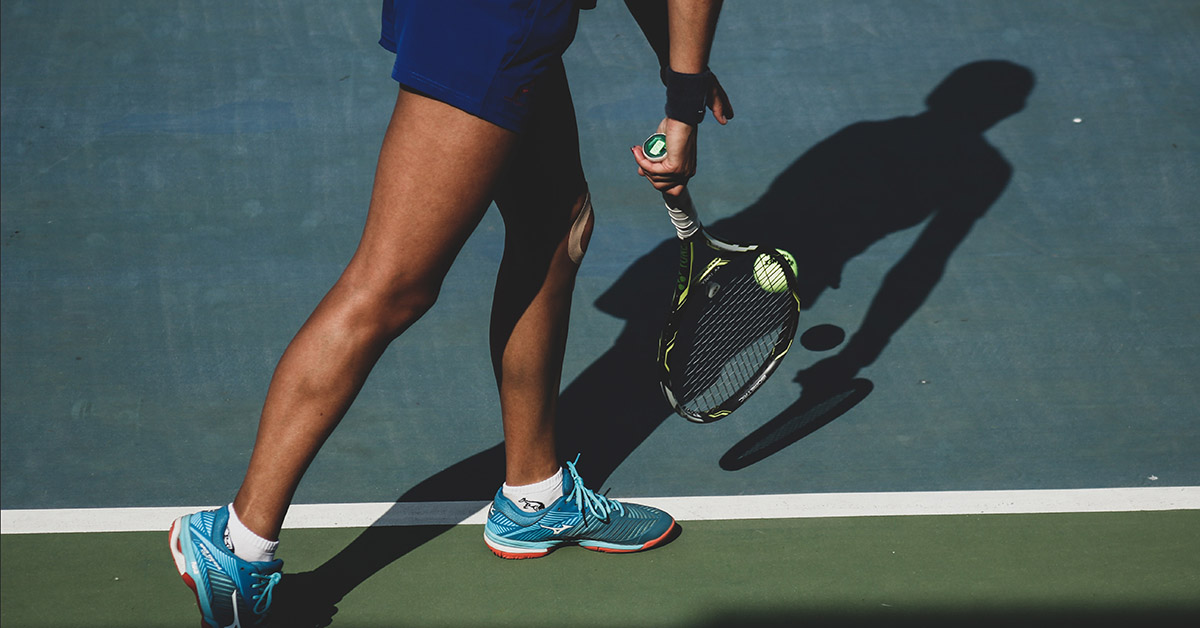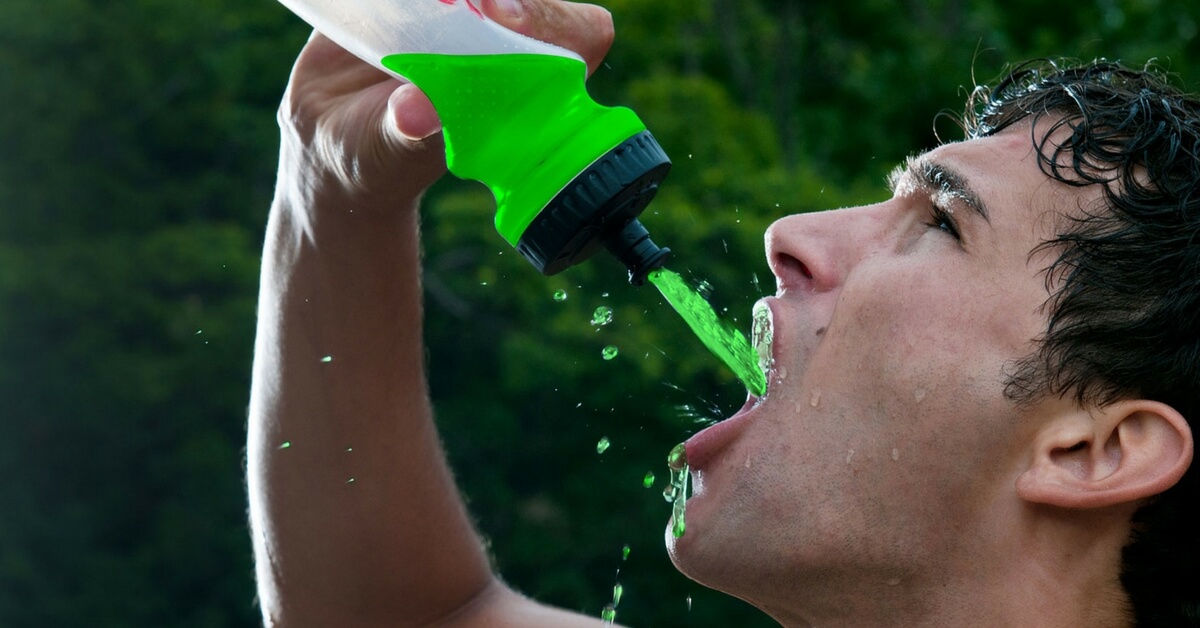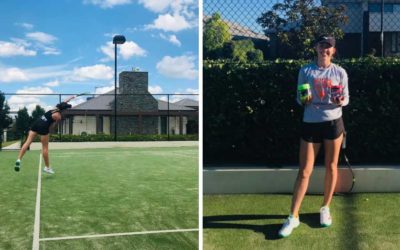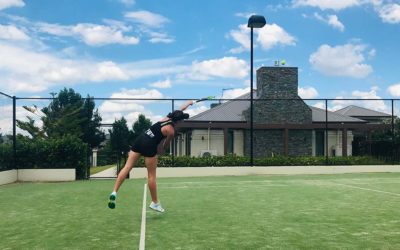
How to Beat Dehydration & Fatigue in a Tennis Match
We all have good days and bad days on the court; sometimes we might feel on top of our game and could beat Federer or Djokovic hands down. Easy. Other times it’s a bit more of a slog hey, legs feel like lead, timing of the ball is all out of whack, we may even struggle to get up and going again after a break in games.
Now, we’re not saying that dehydration is the sole reason you’re shanking balls off the frame and off the court…but it certainly could play a part in your performance. Dehydration of just 1-2% of your body weight can have significant effects on the body and mind, and dehydration in tennis, especially in hot countries like Australia, isn’t hard to come by.
Loss of Electrolytes
As you lose water and electrolytes (the particles within sweat that make it taste salty), your body’s normal functions begin to suffer. This can in turn affect your performance on the court as your accuracy, attention, effort levels and mood can be hindered. One moment you’re firing serves like Pistol Pete, the next you’re having a Kyrgios-esque tantrum as you can no longer hit a ball over the net. Okay, the differences aren’t that drastic, but you get the idea.
So, how can you avoid fatigue and dehydration while playing tennis?
As mentioned, sweat isn’t just water leaving our body, it’s electrolytes as well. Efficiently replenishing both water and electrolytes therefore, is crucial to beating dehydration. Ideally you don’t wait until the symptoms of dehydration have kicked in; headaches, muscle cramps, thirst, dark yellow (and smelly) urine. By the time these have hit it’s too late and you’re already dehydrated. A smarter and more effective way to go about it is to take measures to prevent dehydration in the first place.

Our Top Tips to Beat Dehydration & Fatigue
- Drink regularly during practice and warm up.
- Drink at each changeover.
- Use sports drinks to help replace lost electrolytes; Staminade for instance, is high in Magnesium (one of the most common electrolytes).
- Sports drinks can be consumed before, during and after playing tennis (and certainly should feature if you’re playing for 60 minutes or longer when you’re likely to sweat considerably).
- Avoid alcohol or excessive caffeine the night before you play and on the day (easier said than done at times!).
- Add salt to your diet by eating high-salt foods if you’re prone to muscle cramps.
- Eat a banana during game breaks; we don’t mean one each break, we mean a bite or two each break (likes the pros do!) as bananas are high in Potassium – another common electrolyte.
It might not sound like rocket science, and that’s because it isn’t. But it’s surprisingly easy in warm countries like Australia to become even mildly dehydrated when playing sport. You can’t just say you’re dehydrated each time you smash a serve closer to the base line than the service line, or shank a forehand at 45 degrees onto the next court, but it could indeed be a factor. And whilst we don’t all have the luxury of a ball boy holding an umbrella over us each time we change ends, or a highly trained nutritionist immaculately planning our food and drink strategy set by set, we can all take some simple steps to look after ourselves on the court. Drink plenty, replace those electrolytes, stay on top of your game.
Main photo by Renith R on Unsplash
You might also be interested…
Kelsey Lewis Rising in Tennis Ranking
Kelsey Lewis is rising in the rankings in tennis and progressing in her tennis career. We caught up with Kelsey to talk tennis and what the future brings.
Tennis in 2020 with Kelsey Lewis
Kelsey Lewis is going from strength to strength with her tennis, even in a year that has seen a big changes in her tennis life in 2020.


